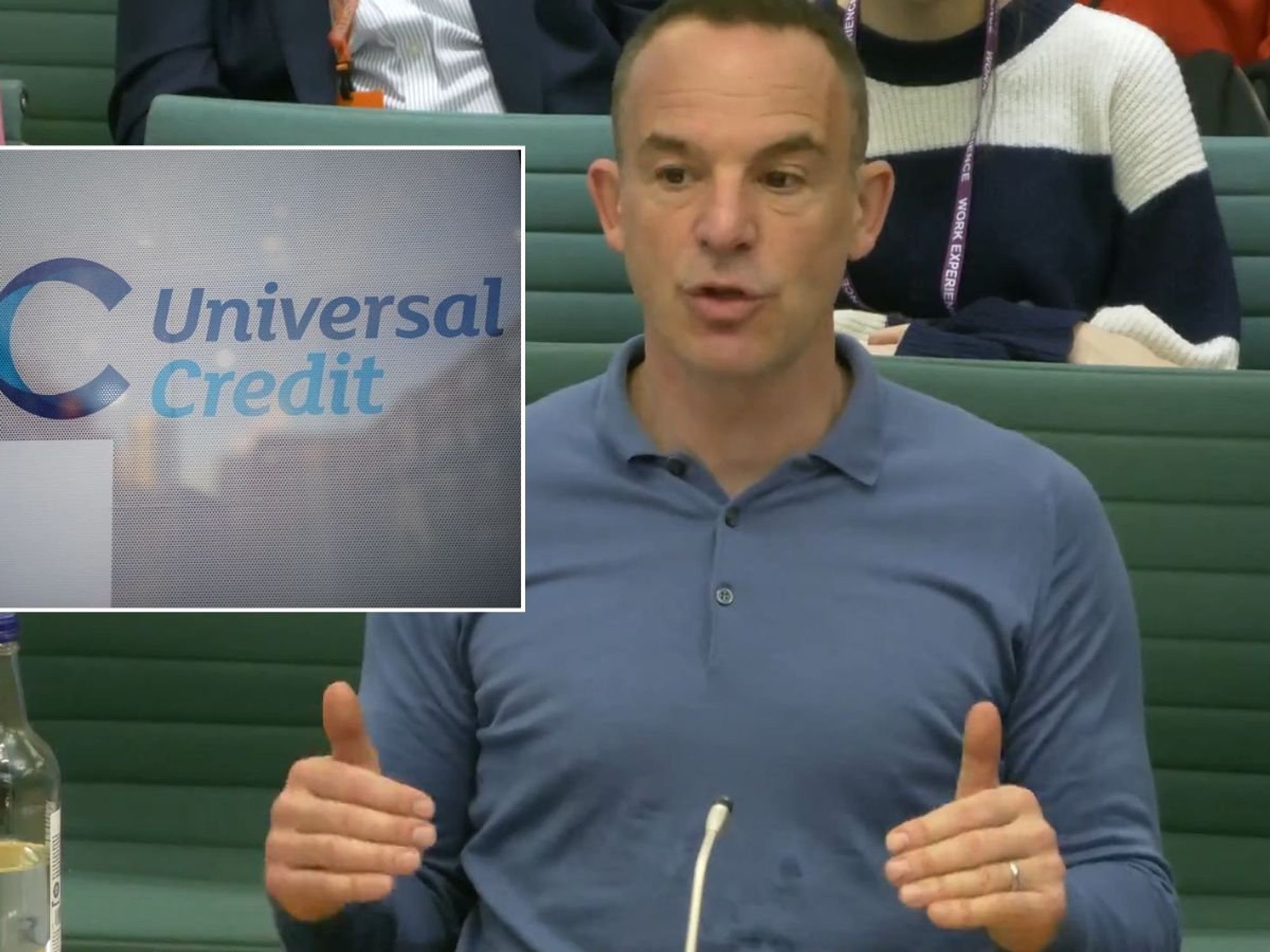Mel Stride says mental health culture has 'gone too far' amid ballooning taxpayer welfare bill

The Work and Pensions Secretary unveiled plans to get 150,000 people with mild conditions back into work
Don't Miss
Most Read
The UK's approach to mental health it at risk of having "gone too far", Work and Pensions Secretary Mel Stride has warned.
He warned that "normal anxieties of life" are being labelled as an illness.
The MP for Central Devon suggested that the increased public focus on discussing mental health has led to be people effectively self-diagnosing mental health conditions.
His remarks come amid growing concern over the UK's spiralling welfare bill, which is expected to hit £100 billion in 2024.

The UK's approach to mental health it at risk of having "gone too far", Work and Pensions Secretary Mel Stride has warned
|PA
Stride today unveiled plans to get 150,000 people with mild conditions back into work, saying that "as a culture, we seem to have forgotten that work is good for mental health".
Speaking to the Telegraph, he added: "While I’m grateful for today’s much more open approach to mental health, there is a danger that this has gone too far.
“There is a real risk now that we are labelling the normal ups and downs of human life as medical conditions which then actually serve to hold people back and, ultimately, drive up the benefit bill.”
While he said it is good that our approach to mental health has changed, meaning people who had previously "suffered in silence" were now getting treatment, he suggested things have now swung too far the other way.
He claimed some people are "convincing themselves they have some kind of serious mental health condition as opposed to the normal anxieties of life".
Stride added: “If they go to the doctor and say ‘I’m feeling rather down and bluesy’, the doctor will give them on average about seven minutes and then, on 94 per cent of occasions, they will be signed off as not fit to carry out any work whatsoever."
He admitted the topic is sensitive but said it can not become a "no go area", calling for an "honest, grown-up debate" about it.
The Work and Pensions Secretary explained: "It is too important for people and their futures, too important for the way that welfare works and too important for the economy to just ignore."
Two thirds of those claiming incapacity benefits are doing so for mental health problems, official figures published last week show.
Thousands of people each month are being deemed incapable of work as a result of mental health issues. On average, most claimants have 2.7 health conditions.
Two million people are receiving universal credit health benefits, figures from the Department for Work and Pensions show. This is an increase of 400,000 in a year.
Some 69 per cent of them have been judged unfit to do any work. DWP has unveiled reforms which would offer intensive job support for those judged to be long-term sick. It would also overhaul the sick note system and force more people with mental health conditions to seek work.
But many of the reforms are not expected to be rolled out for another year.
It is thought that the cost of supporting those on sick leave could rise by tens of billions of pounds over the course of the next parliament.
The figures show that, of all assessments carried out in the last two years, 69 per cent of them involved "mental and behavioural disorders".
Some 538,000 of them were judged to have no prospect of being able to look for work.











